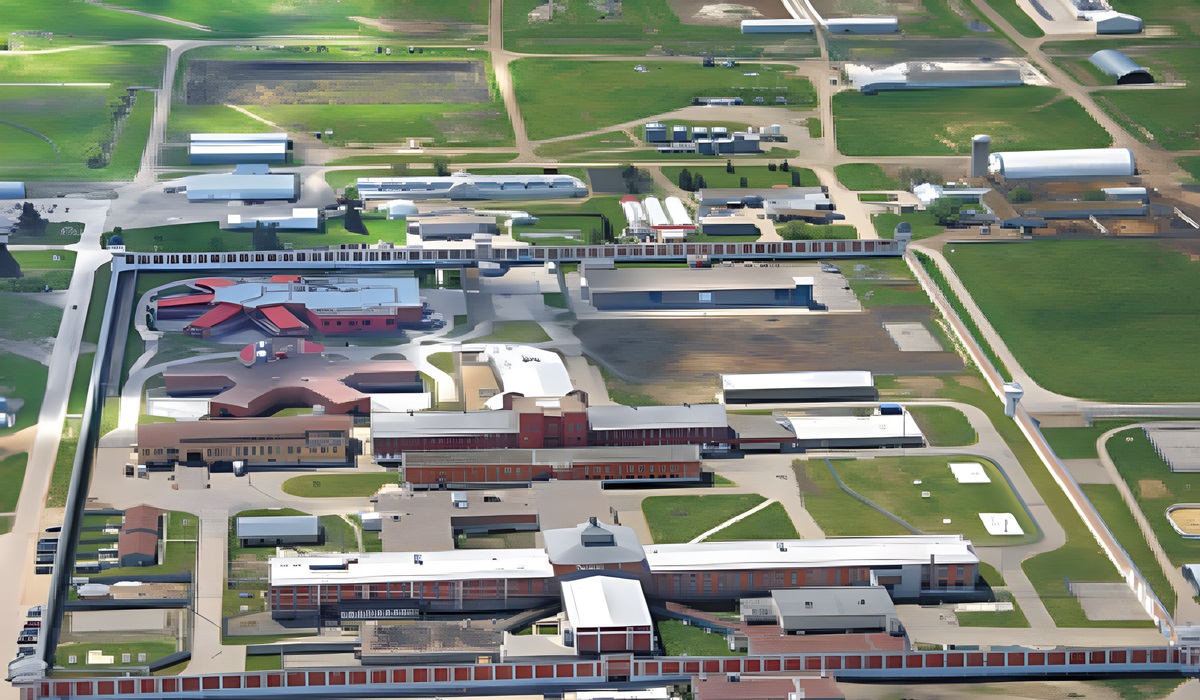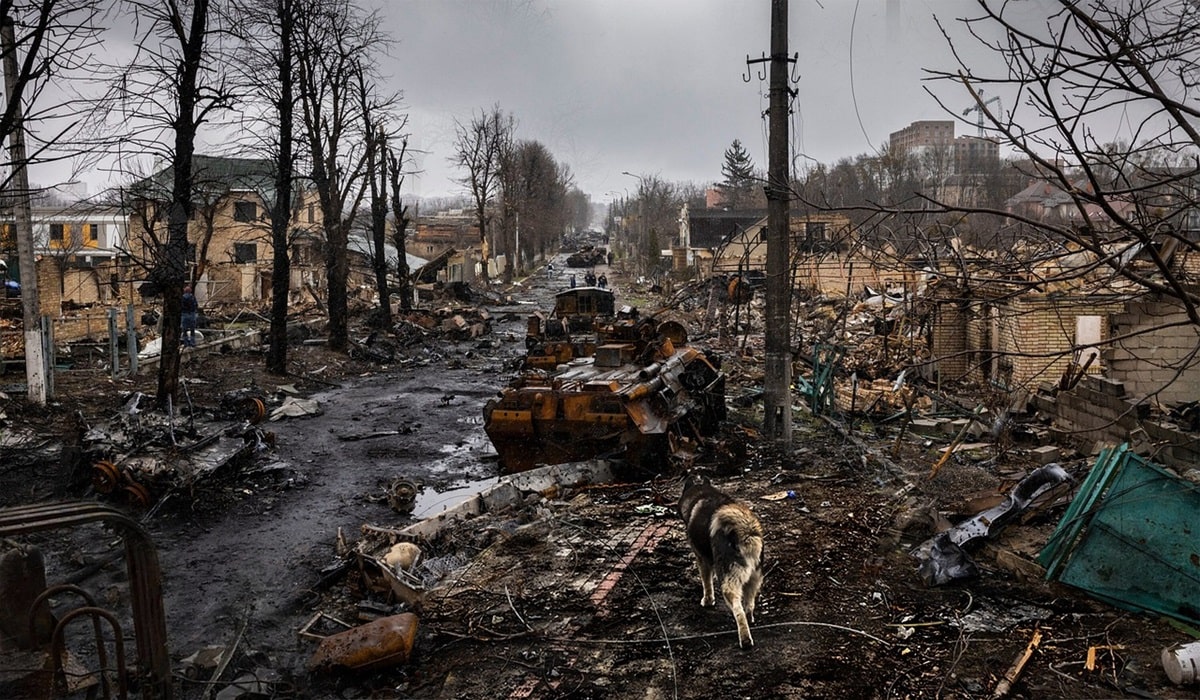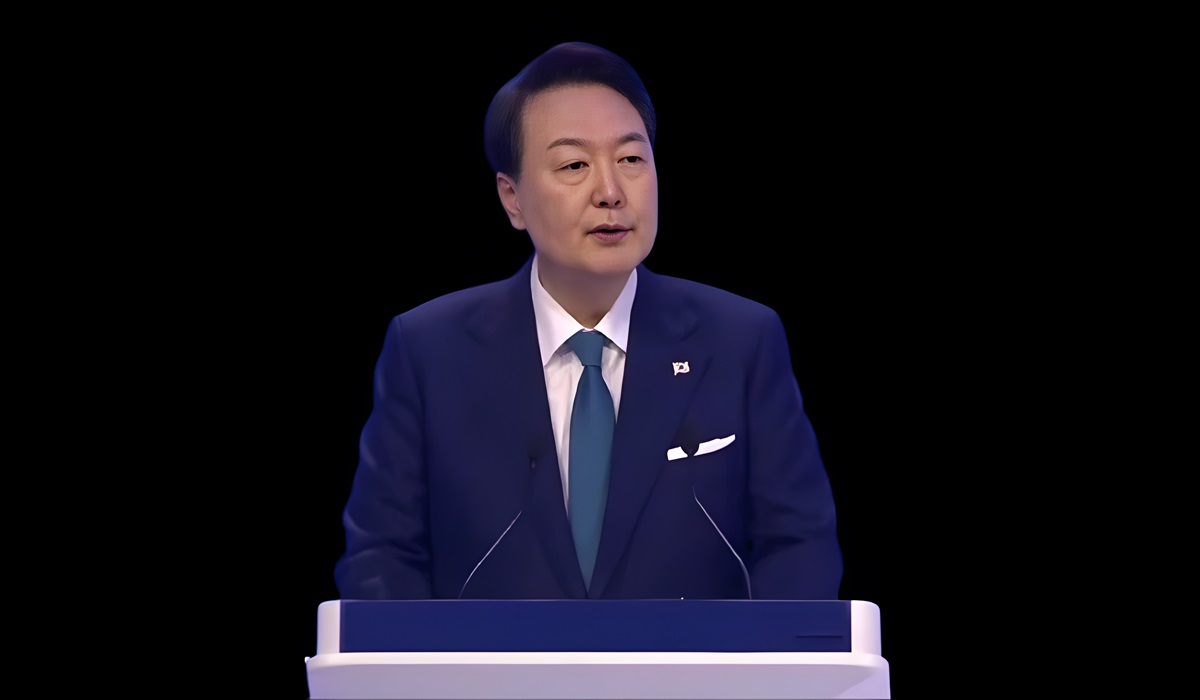UK Pledges Indefinite Support for Ukraine’s War: A War Seen as Unwinnable
- TDS News
- Breaking News
- July 19, 2023

The conflict in Ukraine has taken a precarious turn, with the United Kingdom’s reluctant but indefinite support both financially and militarily. This growing involvement raises concerns about the potential parallels with past instances, such as the coalition of the willing in Afghanistan and Iraq.
The United Kingdom finds itself in a position of unwilling support for Ukraine. Despite reservations about ascending them in NATO, the UK has pledged financial assistance to Ukraine’s cause. However, this commitment is tempered with a cautious approach, indicative of lessons learned from previous conflicts. The UK’s hesitancy in fully embracing the cause raises questions about the sustainability and effectiveness of their support.
“Russia is not seeking to “liberate” Ukrainian civilians. Russia, named by the Secretary-General as a state committing grave violations against children, is seeking to seize and consolidate control through violence and repression.” Saiid Ambassador James Kariuki
In addition to financial aid, the UK has willingly provided military assistance to Ukraine. This includes the provision of weaponry and training for Ukrainian forces. The motivation behind this support lies in maintaining a balance of power in the region and deterring further Russian aggression. However, the question remains: could this indirect involvement by the UK evolve into a prolonged and costly military engagement, mirroring the coalition of the willing scenario witnessed in Afghanistan and Iraq?
The concept of a proxy conflict, where major powers support opposing sides without directly engaging in combat, looms large in the context of Ukraine. The UK’s hesitant support, combined with global involvement and arming of Ukraine, raises the spectre of a protracted and potentially devastating conflict. The cautionary tales of the coalition of the willing in Afghanistan and Iraq serve as reminders of the risks associated with proxy conflicts, including the potential for unintended consequences, prolonged engagements, and regional instability.
The UK’s experiences in Afghanistan and Iraq have undoubtedly shaped its current approach to Ukraine. The drawn-out nature of those conflicts, the complexities of nation-building, and the unforeseen consequences have left indelible marks on the UK’s foreign policy decisions. Can the UK navigate the delicate balance between supporting Ukraine and avoiding the pitfalls encountered in previous coalition efforts?
As the UK grapples with its reluctant and indefinite support for Ukraine, it must prioritize a measured and prudent approach. Learning from history lessons, the UK should actively seek diplomatic solutions, engage in multilateral efforts, and work towards de-escalation. While support for Ukraine is crucial, it should be balanced with a keen awareness of the potential risks and the need for a clear exit strategy to avoid another protracted conflict.
The current situation in Ukraine is undeniably horrific and heartbreaking for its people. Over the past year, the conflict has ravaged the country, leaving a trail of destruction and countless lives shattered. The urgent need for a permanent solution to achieve peace is evident, as prolonged fighting will only lead to further devastation and push the country towards complete ruin, similar to the Middle Eastern nations that experienced prolonged proxy wars.
The people of Ukraine deserve respite from the horrors of war and the chance to rebuild their lives and communities. It is imperative for all stakeholders involved, including global powers and regional actors, to prioritize diplomatic efforts and work towards a sustainable peace agreement. This should involve dialogue, negotiation, and a genuine commitment to upholding Ukraine’s sovereignty and territorial integrity. The lessons learned from the protracted conflicts in the Middle East should serve as a sombre reminder of the urgent need to avoid a similar fate for Ukraine.
Focusing on a comprehensive and inclusive peace process guided by international norms and principles can secure a brighter future for Ukraine and its people. It is essential to foster an environment of trust, ensure the protection of human rights, and address the underlying causes of the conflict. Only through a genuine commitment to lasting peace can Ukraine emerge from the shadows of war and rebuild itself into a stable and prosperous nation once again.








